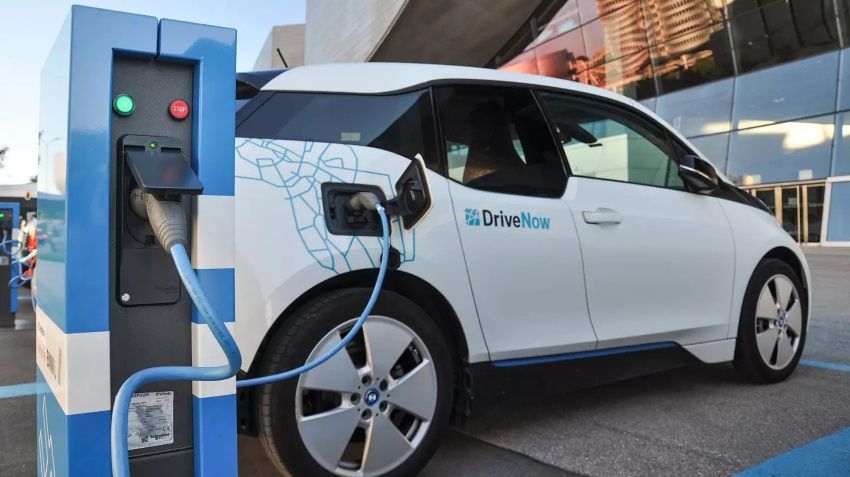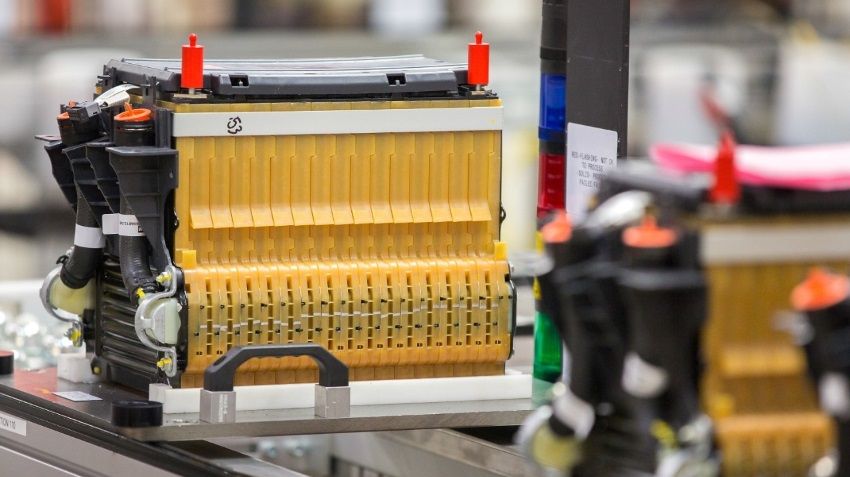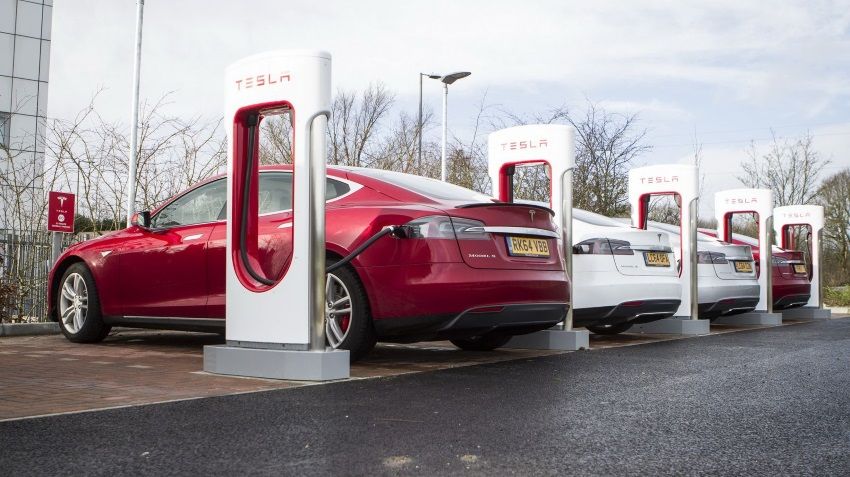The growing popularity of electric cars faces job cuts

9 June 2018
In Germany began to fear the onset of a bright future
One of the key trends in the automotive industry is a gradual transition to electric vehicles. In Russia, this tendency is completely invisible: sales of electric cars remain edinichnymi. But in China, the USA, Japan and some European countries the changes are already visible. However, the growing popularity of electric cars could lead to some negative consequences. Fresh research of the Association of German trade unions and automakers have shown that it can result in massive layoffs.
Mathematical calculations were carried out by the Institute of industrial engineering named after Fraunhofer (The Fraunhofer Institute for Industrial Engineering IAO). According to him, now in the automotive industry in Germany employs around 840 000 people. Almost every fourth (210 000 jobs) employed in manufacturing associated with the production of engines or transmissions.
Known powertrain of electric vehicles is composed of much fewer parts than the engine and transmission. So their production requires less workers. Experts also noticed another detail: electric motors and batteries typically produce companies specializing in electronics. Accordingly, the loss of traditional suppliers of components will be even more.

According to the head of the largest German trade Union IG Metall jörg Hoffmann (Jörg Hofmann), "politicians and industry have to develop strategies to manage this transformation". In particular, automotive companies will need to develop schemes for radical retraining to qualify employees for the new technology. At the same time, States need to figure out what to do with those who still have to reduce.
In the conservative scenario by 2030, about 25 % of all new cars produced in Germany will be electric. Another 15% will be in hybrids, while petrol and diesel cars will still take the lion's market share — 60 %. But even in this case manufacturers will have to cut staff by 75 000 people. With more rapid growth in the popularity of electric cars we can talk about 100,000 jobs.
The transition to electric vehicles for Germany poses another big problem. While German companies is abundantly funded advanced development battery contracts for their production is still often given to foreign firms. In this area, leading brands from Japan, South Korea and China. This could be another negative factor for the labour market in Germany.

|
|
|
Element was not found.








